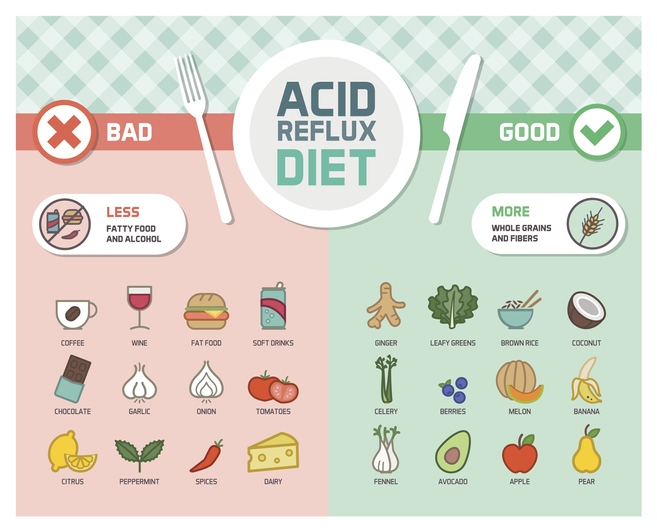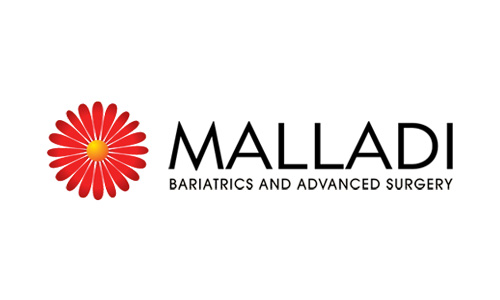GERD: Foods to Avoid & Foods That Help
Acid reflux is often triggered by specific foods, so it stands to reason that avoiding those foods can help reduce the symptoms of gastroesophageal reflux disease (GERD)<. In addition, there are foods that are beneficial when it comes to dealing with GERD, so adding them to your diet can help keep symptoms to a minimum.
Foods to Avoid if You Have GERD
Foods that trigger GERD symptoms include:
High cholesterol foods
Foods that are high in fat and cholesterol can delay your stomach from emptying, potentially causing acid reflux. In addition, they may cause the lower esophageal sphincter (LES) to relax, allowing stomach acids to flow up into the esophagus. Some foods that may be worth avoiding include:
- Fatty meats
- Dairy products
- Certain salad dressings
- Deep-fried foods
Spicy or acidic foods
Spicy foods can also cause problems, especially if your body isn’t used to them. However, research does suggest that if you are accustomed to spicy foods, they are likely not causing your symptoms.
Some acidic foods such as tomatoes, pineapple, garlic, onions, and citrus fruits can also be problematic if you have GERD.
Certain beverages
Carbonated drinks like soda and some energy drinks make acid reflux more likely, as can other beverages such as alcohol, coffee, tea, and fruit juices.
Chocolate and other sweets
Chocolate has been shown to trigger acid reflux because it may cause your LES to relax. Mint can also exacerbate GERD symptoms.
Foods that Help with GERD
Replacing trigger foods with other options can help control the symptoms of GERD. Some of these food items include the following:
Lean proteins
As you cut fatty meats from your diet, it’s important to replace them with healthier proteins that are lower in fat and cholesterol. Some low-fat options include:
- Fish
- Low-fat nuts
- Beans and lentils
- Chicken and other poultry
It helps to cook these foods without adding unnecessary fats in order to keep GERD symptoms to a minimum.
Fruits and vegetables
While citrus fruits, tomatoes, and other acidic items are foods to avoid if you have GERD, it’s still important to get enough fruits and vegetables into your diet. Non-citrus fruits, leafy greens, tubers, and so forth can help you keep acid reflux under control.
Fiber
Finally, foods high in fiber such as oats, broccoli, and whole grain rice are linked with a lower incidence of acid reflux, so consider adding some fiber to your diet.
Additional Ways to Treat GERD
In addition to changing your diet, there are some lifestyle changes that can help with GERD as well.
- Avoid lying down after eating.
- Don’t overfill your stomach.
- If you smoke, quit.
- Chew food thoroughly.
- Maintain a healthy weight.
In some cases, a surgical option may be appropriate as well. For instance, the LINX® procedure uses a flexible magnetic band that keeps the LES from relaxing too much. Dr. Preeti Malladi has performed this acid reflux surgery successfully for many patients who no longer suffer with GERD. Contact us to see whether the LINX procedure> is right for you.






